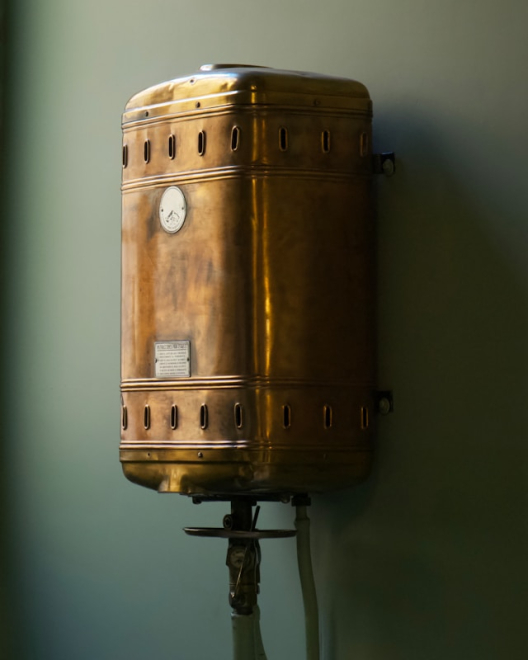- Change theme
The Hidden Dangers of Gas in Boilers: What Every Homeowner Should Know

Gas boilers carry serious risks if not properly installed, maintained, or used.
14:36 07 July 2025
Gas boilers are a common way to heat homes and water across the UK. While they’re generally reliable and efficient, they also carry serious risks if not properly installed, maintained, or used. Understanding these dangers is essential for keeping your home and family safe.
1. Carbon Monoxide Poisoning
One of the biggest risks associated with gas boilers is carbon monoxide (CO) poisoning. CO is a colourless, odourless gas that’s impossible to detect without a proper alarm. It can escape from a boiler if the gas isn’t burning correctly or if the flue is blocked.
Carbon monoxide poisoning can cause:
- Headaches
- Dizziness
- Nausea
- Confusion
- Loss of consciousness or even death in severe cases
Install a carbon monoxide detector near your boiler and sleeping areas, and make sure your boiler is serviced regularly by a Gas Safe registered engineer.
2. Gas Leaks and Explosions
Gas leaks can occur due to damaged pipes, loose connections, or faulty components. Natural gas is made to smell like rotten eggs so you can detect a leak, but sometimes the smell isn’t obvious right away.
Signs of a gas leak include:
- A strong, sulphur-like smell
- Hissing noises near gas appliances or pipes
- Dead or dying plants near gas lines
- Feeling light-headed, unwell, or tired for no clear reason
If you suspect a gas leak, open windows and doors, leave the property immediately, and call the National Gas Emergency Service on 0800 111 999. Do not turn electrical switches on or off, and don’t use mobile phones inside.
3. Poor Ventilation
Boilers need proper airflow to function safely. If the room is too small or if vents and flues are blocked, harmful gases—including carbon monoxide—can build up indoors.
Always make sure:
- The area around your boiler is well-ventilated
- Air bricks and vents are never covered
- The flue is clear and not obstructed by debris, bird nests, or snow
4. Ageing or Faulty Boilers
Older boilers are more prone to faults and may lack modern safety features. Over time, components can wear out, making gas leaks or unsafe combustion more likely.
If your boiler is more than 10–15 years old, it may be worth upgrading to a newer, safer, and more energy-efficient model.
5. DIY Repairs and Unqualified Work
Gas appliances must only be installed, repaired or serviced by Gas Safe registered engineers. DIY work or hiring unqualified plumbers tradespeople is not only dangerous—it’s also illegal in the UK choose reputable plumbers like.
Improper work could lead to serious hazards such as:
- Carbon monoxide leaks
- Explosions
- Insurance voidance if something goes wrong
Always check the engineer's credentials on the Gas Safe Register before any work is carried out.
Safety Tips
- Book an annual boiler service with a Gas Safe registered engineer.
- Install carbon monoxide alarms on every level of your home.
- Watch for warning signs, such as yellow flames, strange smells, or noises.
- Keep vents and flues clear, even in winter.
- Know the symptoms of carbon monoxide poisoning and act quickly.
Final Thoughts
Gas boilers are safe when properly maintained—but they’re not to be taken lightly. The dangers of gas leaks, explosions, and carbon monoxide poisoning are real, but with the right precautions and professional help, they are preventable. Always trust a qualified expert to keep your home warm and safe.
